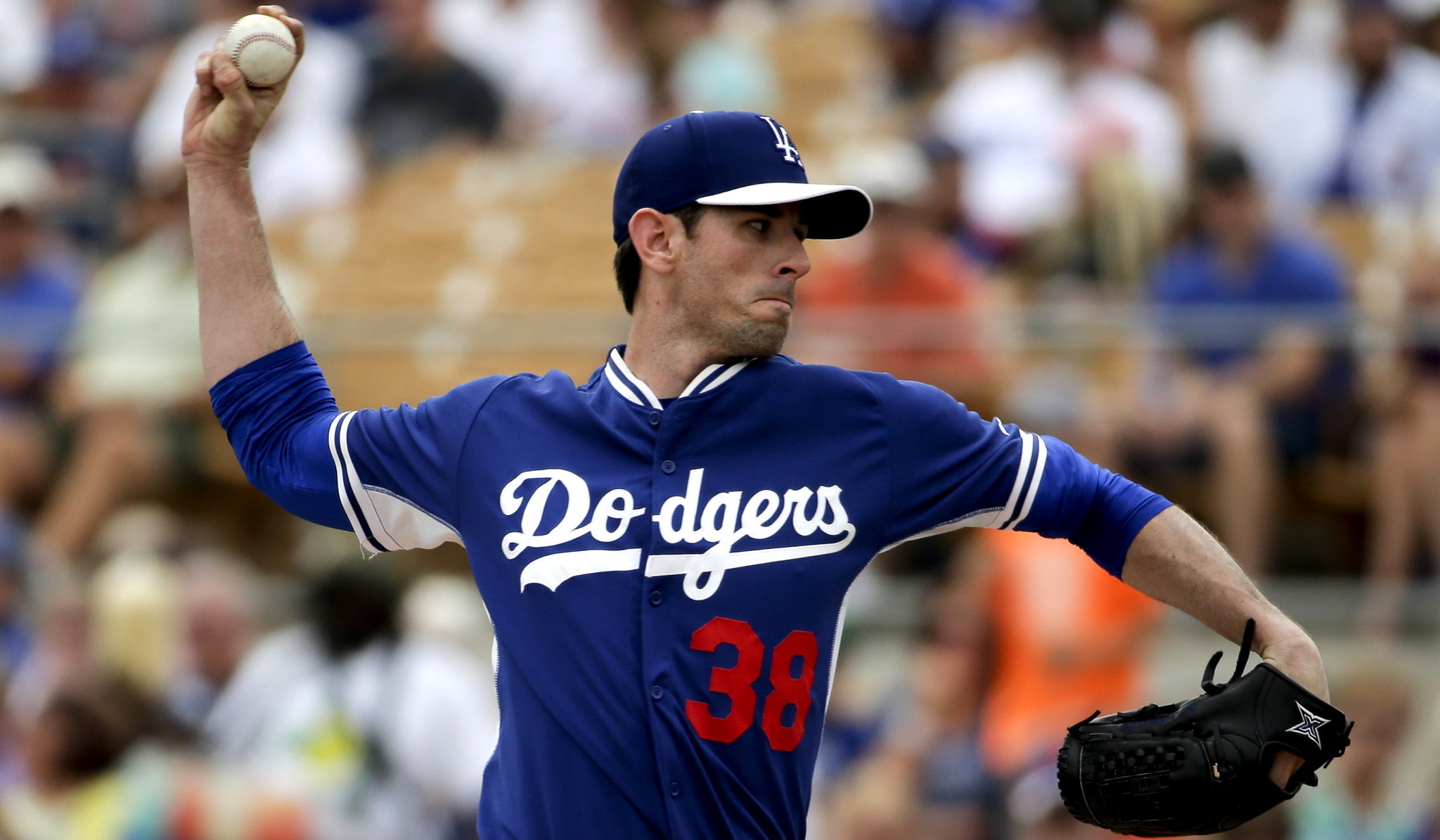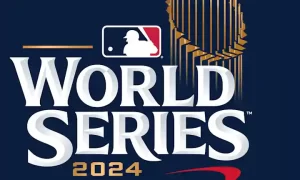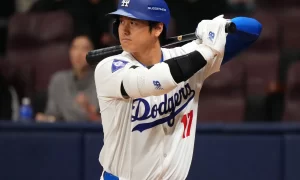That Weird Atlanta Braves – Los Angeles Dodgers Trade Was Actually Brilliant

Last Saturday the Atlanta Braves and Lost Angeles Dodgers both made a salary dump trade… with each other. The Braves sent Matt Kemp (and his $43 million over 2 years contract) to the Dodgers in exchange for Adrian Gonzalez, Scott Kazmir, Brandon McCarthy, and Charlie Culberson, whose contacts total $47.5 million. The Dodgers also sent $4.5 million in cash to the Braves so in total both teams took on 47.5 million dollars and shed $47.5 million.
That may seem like a wash of a trade if you think that each team tried to make a salary dump and wound up spending the same amount of money they started with. But this trade was not a salary dump, it was a salary redistribution trade, and a brilliant one on both ends.
Atlanta Braves
For the Braves, this trade allowed them to add two veteran pitchers who have proven their ability to produce quality starts when healthy, and cleared a space for top prospect Ronald Acuna in the outfield. It may have flown under the radar during a generally poor 2017, but the Braves did not have a single starting pitcher with an ERA less than 4 last season, so the rotation needed be addressed badly this offseason. With this trade, the Braves were able to add two solid middle of the rotation starters with relatively high ceilings while not adding a penny to their budget from last year. That is a huge deal for a team that is still probably a good year or two away from being a serious competitor in the NL East. By keeping the budget at the same level this year, while making improvements in a rotation desperate for some help, the Braves have set themselves up to spend big the next few off seasons when they enter their competitive window with their great young players.
The Dodgers have a slightly more complex financial motive than the Braves in this trade.
Los Angeles Dodgers
To understand why this trade was important for the Dodgers, it’s important to understand the nature of the luxury tax in baseball. While Atlanta was seeking to make needed roster improvements while maintaining their current budget, the Dodgers just needed to get under the luxury tax threshold for one year. If there is one thing all baseball fans know, it’s that the Dodgers have money. The $47 million the Dodgers shed in payroll wasn’t exactly breaking the bank for The Guggenheim Ownership Group. The luxury tax on the other hand, was having a serious effect on the team. The luxury tax was implemented in 2016 to improve competitive balance across baseball, it punishes teams for spending more than $189 million on payroll for a single year with the punishment increasing each consecutive year a team exceeds that limit. The first year, teams are taxed 20% on each dollar spent over the limit, the year after that, the tax climbs to 30%. Starting in the third year and every year after, teams are taxed 50% on every dollar they spend over the limit. Crucially for the Dodgers, if a team spends one season below the tax threshold, the percentage resets.
Unless they can somehow move the contract the Dodgers will have to pay Matt Kemp $47 million over the next two years, however, this season they only have to pay him $23 million, which for this season is half what they would have had to pay the package of players they sent to Atlanta. This amount gets them below the tax threshold for that one crucial year to reset their tax percentage. Next year, no matter what the Dodgers payroll is, they’ll only pay the 20% tax, meaning that in the offseason with Bryce Harper, Clayton Kershaw, Manny Machado, Josh Donaldson, David Price, and Craig Kimbrel all as free agents, or possibly free agents, the Dodgers will be able to spend.
So, while this trade may seem like an odd salary dump on both sides, it is actually a trade of payroll manipulation on both sides. The Braves checked off arguably their most important offseason goal of rotation improvement without spending a single dollar that they didn’t have allocated for payroll already. On the other end, the Dodgers were able to change the way in which they spent the same amount of money, allowing them to temporarily drop beneath the luxury tax threshold. With a reset in the luxury tax penalty, the Dodgers have set themselves up to be big players in the ridiculously talented 2018 free agent class. So when the Dodgers re-sign Clayton Kershaw, place Harper in left-field, sign Andrew Miller to set up closer Kenley Jansen, and sign Brian Dozier to play second, look back on this trade as the move that made it all happen.
-Isaac Gamboa
















